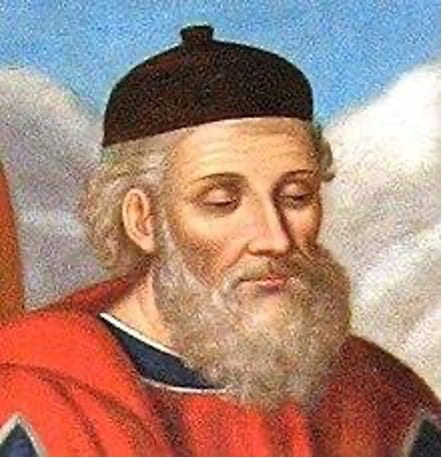The Troubled Lover at a Convenient Time: A First-Generation WOC’s Odyssey of Classical Studies
By Zinuo Shi
On my second day of Greek class, I was still recovering from my very first college all-nighter and catching up on weeks of missed material. As I made my way over Severance Hill, I stopped by the lake, a ritual common among Wellesley students questioning their life choices. At this pause, I realized I was finally on the trajectory I had envisioned for myself at seventeen. I thought I had prepared myself, as a first-generation woman of color, to navigate a field dominated by white men for centuries. Yet I could not shake off the feeling of being distanced, different and detached…









